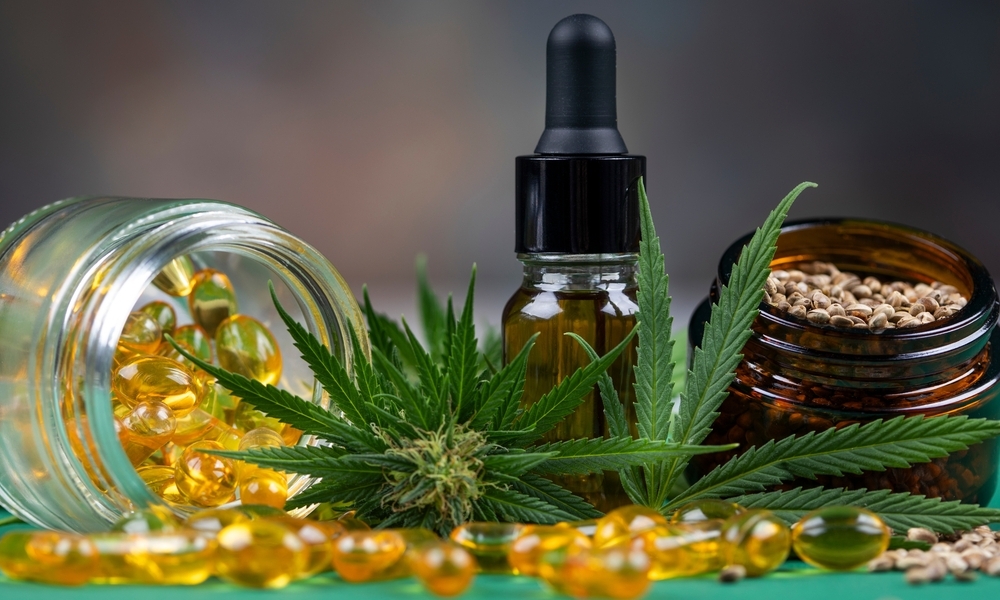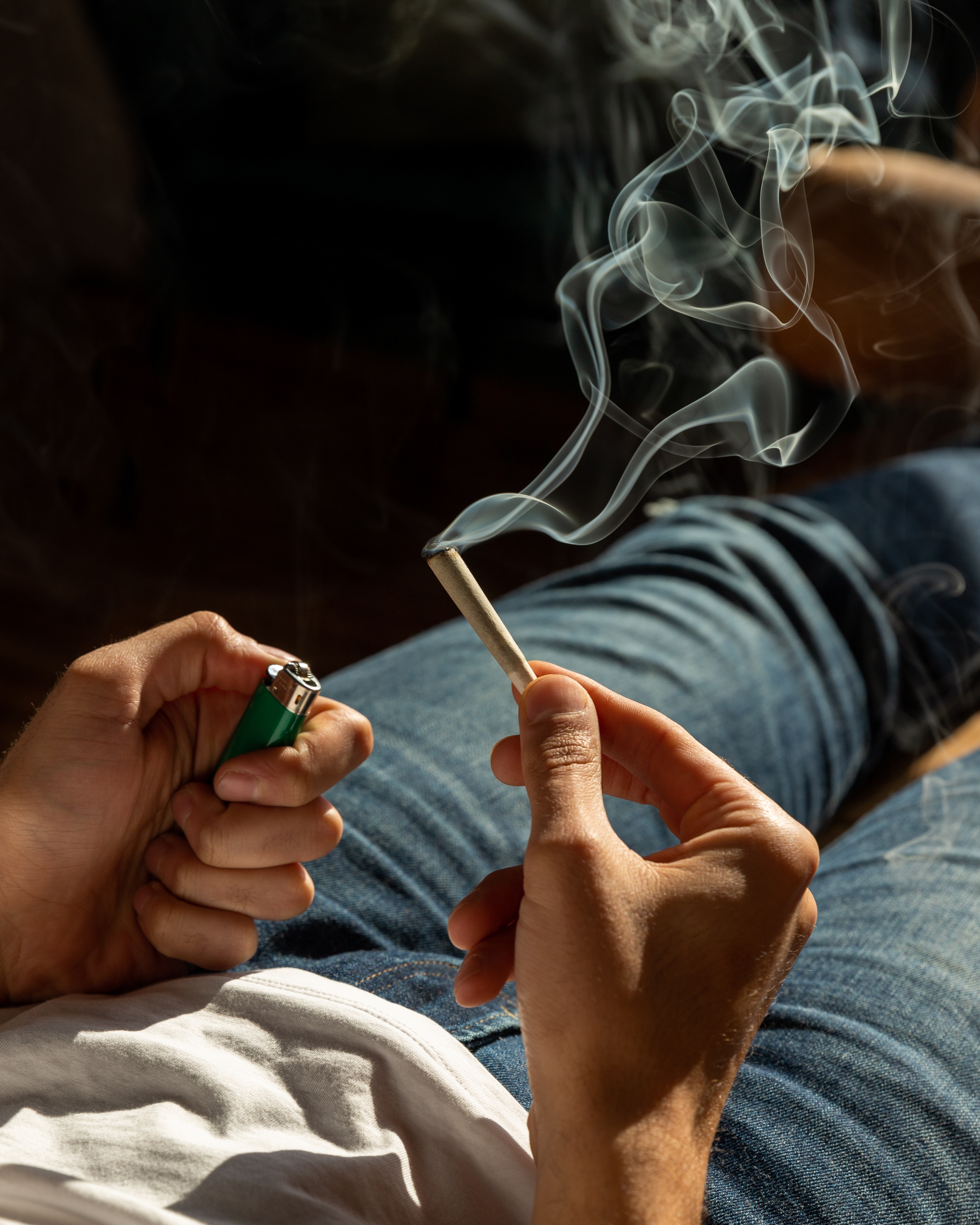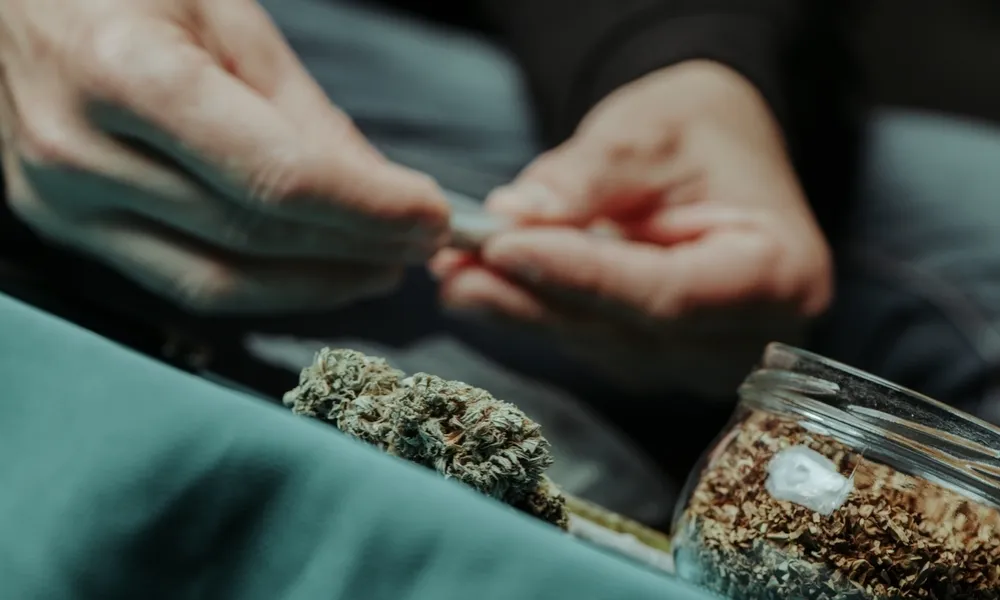In Cyprus, cannabis exists in two parallel realities. On paper, there’s a strict legal framework and slow, cumbersome access for patients. In practice, a thriving black market dictates society’s relationship with addiction. In recent days, public discussion on the matter has truly gained momentum. The spark was Volt Cyprus’s statement calling for the legalisation and regulation of cannabis.
Politis to the point takes a closer look at where things stand today, from medical cannabis and its bureaucratic failures to the booming market of derivatives and the question of whether a regulated framework could bring transparency where illegality now reigns.
This week’s proposal by Volt Cyprus has reopened the debate on cannabis regulation, as patients, young people, and experts speak about taboos, the black market, and the urgent need for a framework with clear rules.
Volt Cyprus presented a proposal for legalising and regulating adult use, based on European models from Germany, Malta, Portugal, and Canada. But behind political slogans are real people and stories. Cancer patients and those with chronic illnesses waiting months for medical cannabis, students describing normalised use in schools and users exposing the risks of tainted products and how the black market operates.
“The policies of recent years have failed to reduce use or protect citizens,” says Dr Lysia Demetriou, researcher at the University of Oxford and vice-president of Volt Cyprus. “Together with a team of scientists, we’re proposing a regulatory model that would legalise cannabis use strictly for adults, with quality controls, licensed cultivation and trade under a regulatory authority, taxation, and reinvestment of revenues into prevention, treatment, and research. We’re not talking about decriminalisation, we’re talking about legalisation through regulation.”
Asked whether legalisation would increase use, she replies, “European data does not show a dramatic rise when there’s proper regulation. What certainly grows without a framework is the power of the black market. Today, products are often fabricated and very dangerous.”

Cannabis, THC, CBD, and HHC
THC (tetrahydrocannabinol) is the main psychoactive compound in cannabis, responsible for the euphoric effect but also for undesirable side effects when the dose or potency is high. CBD (cannabidiol) is non-addictive and used mainly for pain and anxiety relief, provided that it contains no psychoactive levels of THC and undergoes quality control testing.
HHC (hexahydrocannabinol) is a semi-synthetic cannabinoid, lab-produced and mimicking THC’s effects to a lesser degree. It’s found mainly on the black market, with limited scientific data on its safety, and its legal status remains unclear in many countries. On the illicit market, products often contain uncertain concentrations or mixed compounds (THC/HHC), posing serious risks.
Legally, Cyprus allows medical cannabis under strict licensing from the Pharmaceutical Services and prescription for specific conditions. CBD products are legal only when they contain less than 0.2% THC and are correctly categorised (e.g., cosmetic or food supplement) with proper labelling and testing. Recreational use remains illegal. HHC operates in a grey zone, with no clear regulation, meaning much of it circulates outside official channels.
Medical cannabis and bureaucracy
When it comes to medical cannabis, the system remains cumbersome. Regulations have existed since 2019, but in practice, patients continue to struggle. They face long delays, bureaucracy, and limited doctors willing to prescribe it, forcing many to seek alternatives outside the official framework.
“The need is real,” says Dimitris Lamprianides, spokesperson of the Cyprus Federation of Patients’ Associations (OSAK). “We’re asking for simpler procedures, inclusion in the General Healthcare System (GESY), and proper patient information without taboos.”
Many patients currently turn to the black market as official approvals take too long. Volt also calls for a wider, destigmatised approach to medical use.
The counterarguments
Scepticism towards legalisation is not unfounded. Across Europe, cannabis remains the most widely used substance, with rising consumption among young people and increasingly potent products. THC levels have doubled over the past decade, heightening the risk of dependency and psychotic episodes, especially among vulnerable groups.
Countries that have moved toward regulation, such as Germany, have had to implement strict driving limits and retail rules to tackle new public safety challenges. Experts warn that without proper quality checks, lab testing, clear labelling, and advertising restrictions, the market could quickly spiral out of control.
The example of Malta shows that regulation can work only when accompanied by transparency, oversight, and clear rules. Without strict implementation, the problem merely changes form.
What happens in schools
The Cyprus Youth Organisation (ONEK) runs prevention campaigns in secondary schools with the involvement of mental health nurses, aiming for early awareness, says ONEK officer Stelios Papapetrou.
Yet, their effectiveness remains limited, and a more interactive, hands-on approach inside classrooms is needed.

Ioanna, a high school student, speaks calmly about something “more prevalent in certain schools, but present everywhere.” Her account is alarming, “usage is normalised and guilt-free among most students,” she says, describing “known spots inside and outside school where students sell or smoke, I’ve seen it in my own school.”
What doesn’t work? “The anti-drug campaigns are not effective at all,” she says, “and teachers can’t really help.” Her testimony reflects a deep policy gap inside classrooms, one that calls for targeted education, real tools for staff, and proper support channels for students.
What users experience
George, a long-term user, speaks plainly about how the black-market functions. “You order anonymously, just by phone. Dealers are always very cautious.” The product, he says, “is almost always chemically fabricated in Cyprus, with strong THC or HHC,” and the effects are noticeable, “I often get headaches and nausea after use.”
Chemical fabrication isn’t random, he adds: “They do it to boost addiction and increase supply. Older users can tell the difference, but for years low-quality cannabis has dominated the market. Some people grow it at home just to avoid side effects.”
“The dealers work with quotas, if they don’t hit the target, their bags go to someone else,” he says. “The fastest ones make thousands a month.”
This is not an isolated issue but an entire shadow economy thriving on opacity. That’s also the core argument for regulation; to dry up the parallel network and bring control into legal, transparent channels with proper safety standards.
The gamble ahead
The stakes for Cyprus are clear. The country can either remain in a prohibition regime that fuels the black market and hinders medical access, or move towards regulated legalisation with rules, oversight, and transparency. Yet that path demands something Cyprus has historically struggled to deliver; consistent, long-term implementation of its own frameworks.
